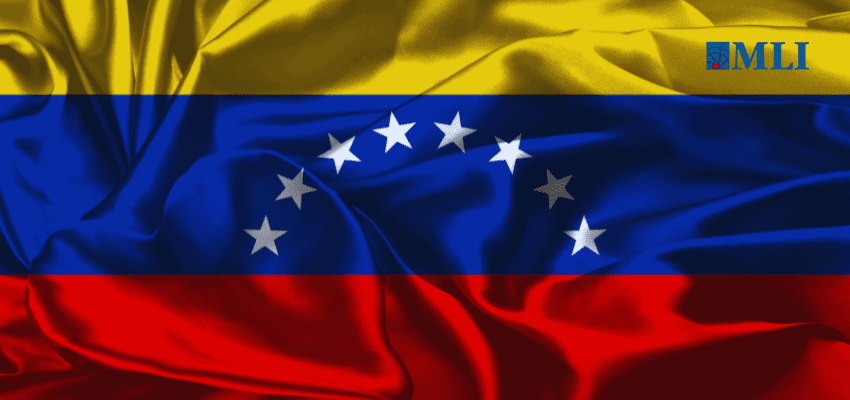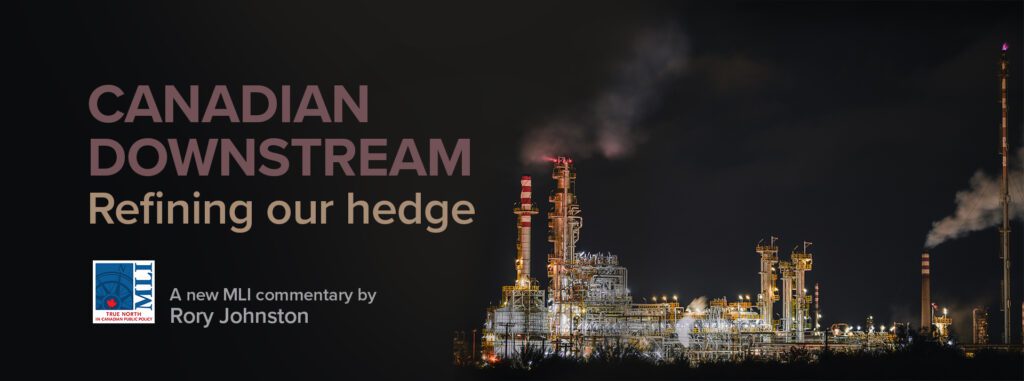This article originally appeared in the National Post.
By Jon Hartley, July 31, 2024
President Nicolás Maduro, rejecting the will of Venezuelan voters, has declared victory in one of the most brazenly stolen elections in recent times.
How do we know this? Election workers were recorded on cellphones in many precincts announcing the results out loud before sending in each tally to the central election committee. The opposition says it has obtained 73 per cent of the tallies, which show a total of 2.75 million votes for Maduro and 6.27 million for opposition rival Edmundo Gonzalez.
These numbers are in contrast with the results reported by the Maduro-controlled electoral authority, claiming Maduro had won 5.15 million votes, compared to 4.45 million for Gonzalez.
The international community has condemned it, leaving Maduro with very few allies. U.S. Secretary of State Anthony Blinken and Canadian Deputy Prime Minister Chrystia Freeland say they have serious concerns about the Venezuelan election results.
Within Latin America, critics ranging from socialist president of Chile, Gabriel Boric, to populist president of El Salvador, Nayib Bukele, have denounced Maduro’s re-election claims as lies. Much still rests on how Maduro ally, Brazilian President Luiz Inacio Lula da Silva will react, which could very well influence how events play out. So far, Lula has specifically asked for the immediate release of full, transparent, and detailed voting data at the polling station level.
Public unrest has erupted, with anti-Maduro protests spreading across Venezuela.
While it remains unclear whether Maduro will be removed from office, these latest events mark the culmination of a near 25-year saga that began with Hugo Chávez. Prior to Chávez, in the mid to late 20th century, Venezuela was the richest country in Latin America and one of the richest nations in the world, thanks to its massive oil endowments.
After taking power in 1999 and inaugurating what is now considered the Bolivarian Revolution, Chávez and his government began nationalizing several industries, transitioning the Venezuelan economy into a statist socialist economy, which caused economic growth to evaporate.
In 2007, Chávez formed the United Socialist Party and updated his economic vision, calling it “Socialism of the 21st Century,” one that would throw Venezuela into poverty and cause national food shortages through warped incentives that ultimately hurt the poor. The government’s program of seizing the means of production through the nationalization of industries (rather than simply having an expanded welfare state as is common in Western democracies) fed rampant corruption, ultimately hindering competition and curbing incentives for individuals to engage in innovation and work.
When Chávez died in 2013, Maduro, then vice-president, took power and has since consolidated military, police, judiciary and media power.
Double-digit annual inflation rates became the highest in the world by 2014 under the Maduro regime. The economy has since dollarized, causing its hyperinflation to subside, but it’s hardly anything Maduro can claim credit for.
During the Trump administration, the U.S. imposed economic sanctions after Maduro’s victory in the 2018 presidential election, which was similarly dismissed as being stolen. As a result, Venezuela’s state-run oil company has had difficulties selling its crude internationally, often resorting to black market deals.
The Biden administration eased Trump-era sanctions in 2023, particularly on the oil sector, in exchange for promises that Venezuela would conduct fair and free elections in 2024, as well as lift bans on opposition presidential candidates and releasing political prisoners. The Trudeau government sought to restore ties as well.
Such promises were never kept by the Maduro government. In June 2023, the National Electoral Council declared Maria Corina Machado, who fairly won the 2023 Unitary Platform Presidential primaries, ineligible for office. Edmundo Gonzalez ran in her stead. Since the election and public outcry, Venezuela opposition leader Freddy Superlano has now been detained.
The Biden administration and western allies now face an important decision to re-implement sanctions and even take them further.
While perhaps a pipedream, one can hope that Maduro will leave office peacefully. Such an event would almost surely reverse Venezuela’s long dictatorial socialist path. This would likely include reopening the country to trade as well as re-privatizing and deregulating industries.
It could even restore Venezuela to being one of the most free and prosperous nations in Latin America and, indeed, the world, eradicating the poverty of its recent past.
Jon Hartley is a senior fellow at the Macdonald-Laurier Institute and a research fellow at the Foundation for Research on Equal Opportunity.







